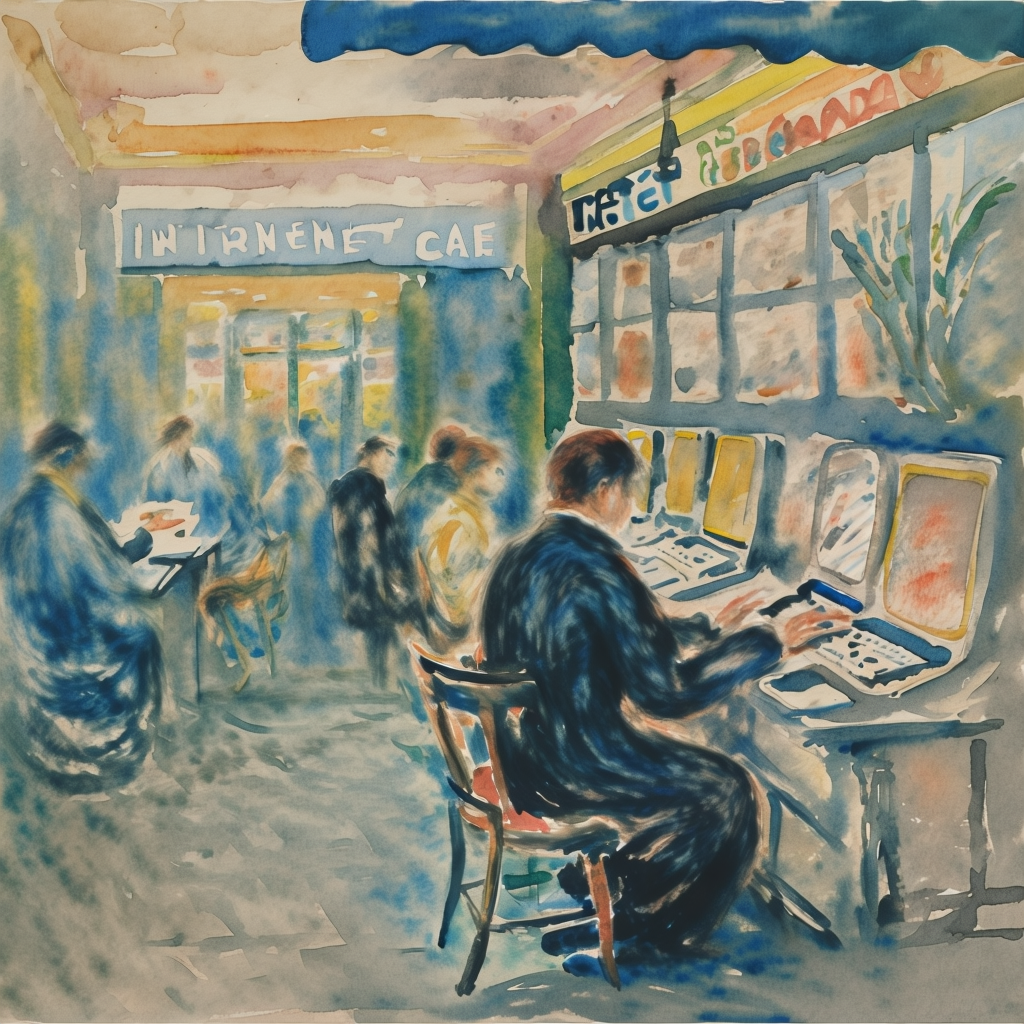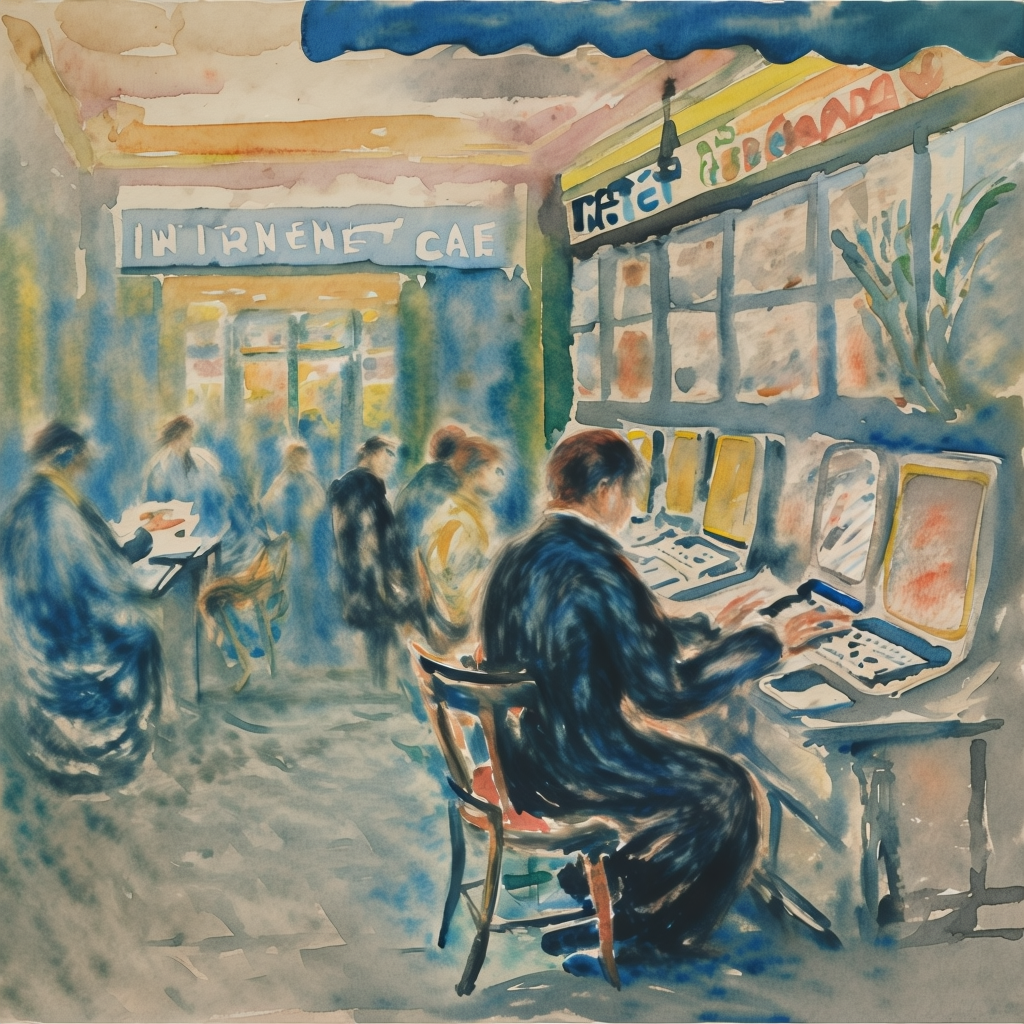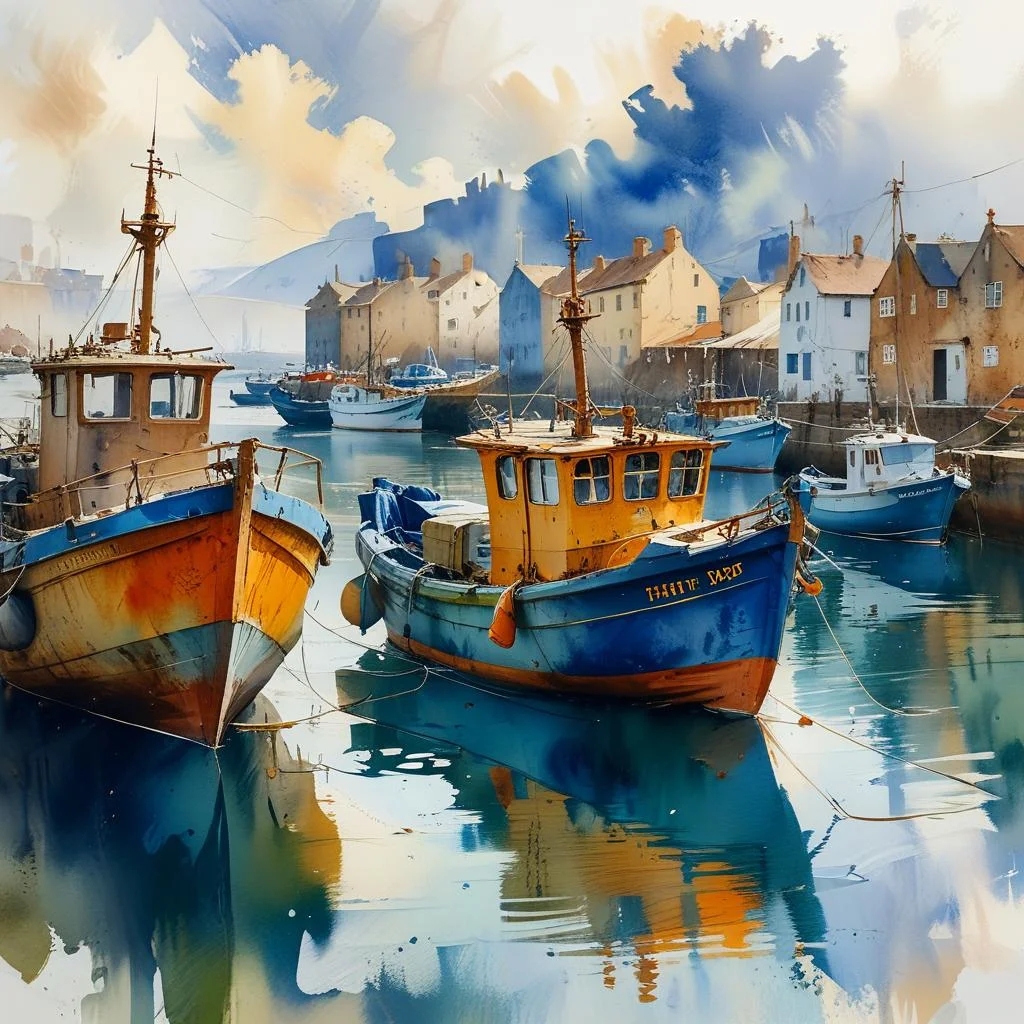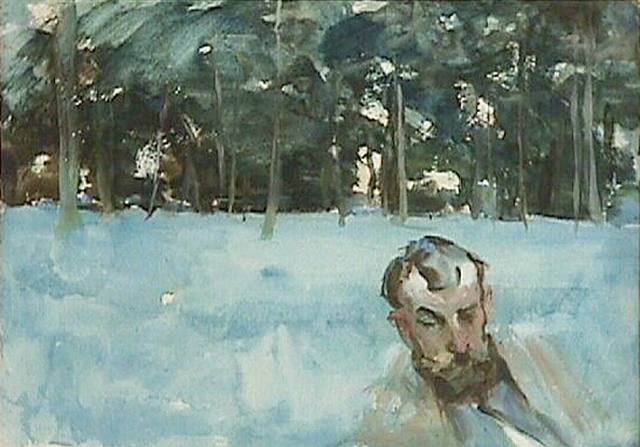Ever wonder how a 19th-century painter still captivates today’s art scene? Or why Renoir’s sun-dappled scenes feel so fresh in our digital age? You’re not alone. Let’s dive into the colorful world where Renoir’s brush strokes meet modern canvases.
Imagine standing before a Renoir, awash in vibrant hues and fluid forms. Now picture that same energy pulsing through a street mural or a sleek digital artwork. That’s Renoir’s legacy in action, bridging centuries and mediums.
The Renoir Revolution: More Than Pretty Pictures

Renoir didn’t just paint pretty pictures; he rewrote the rules of art. His influence on modern art is like a pebble dropped in a pond – the ripples keep expanding, touching shores he never could have imagined.
- Colour liberation: Renoir unleashed a riot of colour that still inspires today’s artists to push boundaries.
- Light capture: His mastery of light effects revolutionised how we perceive and portray illumination in art.
- Everyday beauty: Renoir found magic in the mundane, a perspective that resonates deeply with contemporary creators.
“The pain passes, but the beauty remains.” – Pierre-Auguste Renoir
This quote encapsulates why Renoir’s influence on art endures. He saw beyond the surface, capturing emotions that speak to us across time.
From Impressionism to Instagram: Renoir’s Timeless Appeal

In an era of instant filters and digital manipulation, why does Renoir’s hand-painted world still matter? Because authenticity never goes out of style. His genuine celebration of life’s simple pleasures strikes a chord in our often-cynical world.
Renoir’s legacy in modern art manifests in surprising ways:
- Street art’s vivid palettes
- Photography’s focus on fleeting moments
- Digital art’s exploration of light and texture
- Fashion’s embrace of sensual, flowing forms
| Painting | Year | Impact on Modern Art |
|---|---|---|
| La Loge | 1874 | Exhibited at the first Impressionist exhibition, it explored themes of observation and social interaction, highlighting the dynamics of gazes between the audience and performers, influencing later artists’ interest in modern life. |
| Dance at the Moulin de la Galette | 1876 | A vibrant depiction of Parisian leisure life, showcasing movement and light effects, this painting was a major work in early Impressionism that captured the lively atmosphere of modern urban life. |
| Luncheon of the Boating Party | 1880-81 | This iconic piece blended Impressionist techniques with a sense of spontaneity and life, capturing a casual gathering of friends, making it a hallmark of the movement that influenced later artists’ interest in modern social interactions. |
| The Umbrellas | 1881/1886 | Notable for its blend of Impressionist color and classical composition, it represents a pivotal moment in Renoir’s transition towards a more structured approach, influencing later movements like Cubism that would deeply analyze form, depth, and perspective in a modern manner. |
| The Large Bathers | 1884-87 | A significant work that merges Impressionism with classical themes, its monumental scale and focus on form and color reflect Renoir’s evolving style and impact on modern art, influencing later artists like Picasso and Matisse in their exploration of the nude figure. |
Renoir’s Style
Renoir was like a wizard who painted people with total joy and warmth. His style? Super soft brushstrokes that made skin look like it was made of pure light and color. Unlike other painters who were super serious, Renoir captured happiness – people laughing, dancing, enjoying life in gorgeous outdoor scenes.
He loved painting people in relaxed moments – picnics, parties, dancers twirling. His colors were so vibrant and gentle that his paintings feel like a warm summer afternoon captured forever. Renoir didn’t just paint figures; he painted pure human emotion, making everyday moments feel magical and full of sparkling beauty!
The Human Touch in a Tech-Driven World
In our age of AI and virtual reality, Renoir’s human-centric art offers a refreshing counterpoint. His influence on modern art reminds us of the power of the human touch.
| Renoir’s Approach | Modern Art Application |
|---|---|
| Intimate scenes | Social media art |
| Loose brushwork | Digital painting techniques |
| Vibrant colour | Contemporary colour theory |
| Captured moments | Smartphone photography |
Beyond the Canvas: Renoir’s Reach in Modern Culture
Renoir’s influence extends far beyond gallery walls. His joie de vivre infuses modern design, from cheerful home decor to life-affirming advertising campaigns. Even in our fast-paced digital world, there’s a hunger for the warmth and humanity Renoir championed.
The Future, Painted with Renoir’s Palette
As we look ahead, Renoir’s influence on art shows no signs of fading. If anything, in a world grappling with complex issues, his celebration of beauty and simple pleasures becomes more relevant than ever.

- Virtual Reality: Imagine stepping into a Renoir painting, experiencing his world in 3D.
- AI Art: Algorithms trained on Renoir’s style create new works that blend past and future.
- Eco-Art: His love of nature inspires environmentally conscious creations.
Renoir’s legacy isn’t just about technique or style. It’s about seeing the world through a lens of joy and wonder – a perspective as valuable now as it was in his time.
In conclusion, Renoir’s influence on modern art is a testament to the enduring power of beauty, humanity, and innovation. As we face the future, his work continues to inspire, challenge, and delight, proving that true art knows no boundaries of time or technology.
Resources:
- The Art Institute of Chicago’s Renoir collection: https://www.artic.edu/artists/35859/pierre-auguste-renoir
- Musée d’Orsay’s Renoir page: https://www.musee-orsay.fr/en/artists/renoir-pierre-auguste
- National Gallery’s Renoir resources: https://www.nationalgallery.org.uk/artists/pierre-auguste-renoir



